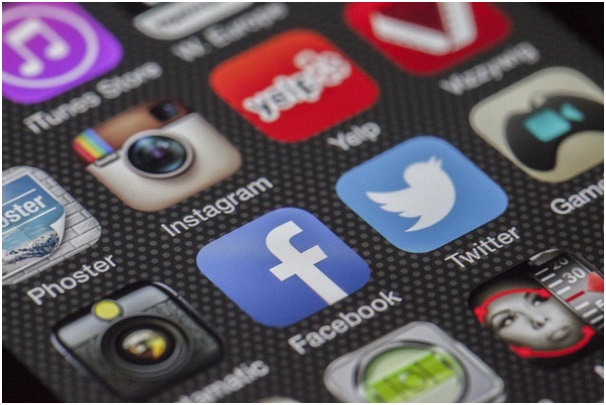Why You Should Use a VPN's Encryption and Location Spoofing Features
These days, there are hundreds of free-to-use VPNs on the market, in addition to some paid-for industry leaders that cost less than a takeout coffee per month. With VPN costs so low and the benefits of using one so high, can you afford not to have a VPN installed on your internet-ready devices?
The technology behind a VPN is complex, but you do not need to understand those complexities. Instead, think of a VPN as a middleman between your computer, mobile phone, or tablet and the websites you visit. Your data passes through the VPN, which encrypts the data and can make it appear that you are located in a different state or part of the world before reaching its final destination. Encryption and location spoofing are the two main features VPN users desire, and here is why.

Access Blocked or Geo-Restricted Websites and Services
An increasing number of websites and services are locked behind geographical restrictions, rendering them impossible to access from locations the website decides. For example, some countries are restricted from accessing the popular BBC iPlayer , while not all of the sites listed at vegasbetting.com are accessible in every state across America. However, a VPN can bypass these geo-restrictions because the software can make it appear that you are in a different part of the world.
Even the cheapest VPN services allow you to spoof your location. This feature is commonly used by gamers who want early access to new releases. The Harry Potter spin-off game Hogwarts Legacy was released globally on February 10. Many gamers in Europe and the US used a VPN to make it look like their console or PC was located in New Zealand, enabling them to access the game many hours earlier because of the time difference.
Location spoofing also comes in handy if you travel to a foreign country where a government firewall restricts internet usage. For example, China has strict rules regarding the websites its citizens can access. Many social media platforms and Google are blocked in the country, but a VPN grants access to these sites. However, be warned that you should never use a VPN to break local laws, especially in countries like China, because the penalties can be severe.
Protect Your Privacy at all Costs
Although people are more aware of the importance of protecting their data and privacy than ever, most do not realize how much information about ourselves we give away daily. Your internet service provider (ISP) has so much information about you that it probably knows more about you than some of your friends and relatives! Each device you connect to the internet has a unique MAC address, which allows anyone with the technological know-how to track that machine. Your ISP knows exactly which websites you visited and how long you viewed them. It also knows if you have used a streaming service and what you watched, and for how long. This data can be shared with law enforcement and government agencies if those entities request it.
Using a VPN encrypts your data to the point that it is impossible to decipher. VPNs use bank-level encryption that renders the data into complete gibberish. Your ISP can still see that you downloaded a 3.74-gigabyte file, but it does not have the slightest clue what that file contained.
The encryption does not only keep away the prying eyes of legitimate companies and agencies but also from criminals. Hackers can intercept your data when you access your internet banking or send a client-sensitive email. This is particularly true if you use public WiFi, which has less security than your home or office network. Just think about the times you log into a coffee shop's free WiFi using the password 'Freewifi123' and then check your bank account. If someone wanted to grab your information, now would be the time to do it.
The best paid-for VPNs come with various security features that protect you whenever you access the internet. Most come with weekly, monthly, and yearly subscriptions that do not cost the Earth. How much value do you place on your privacy and freedom?